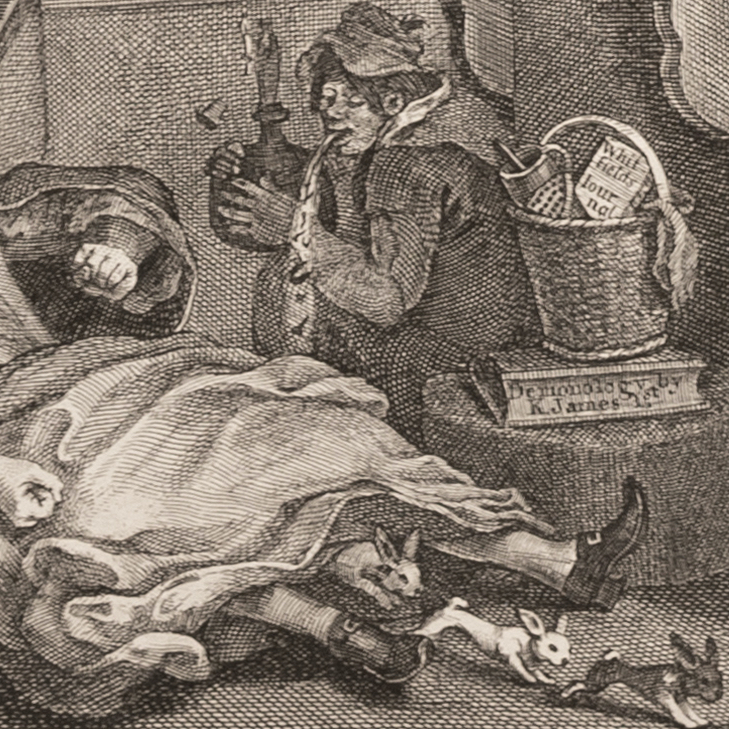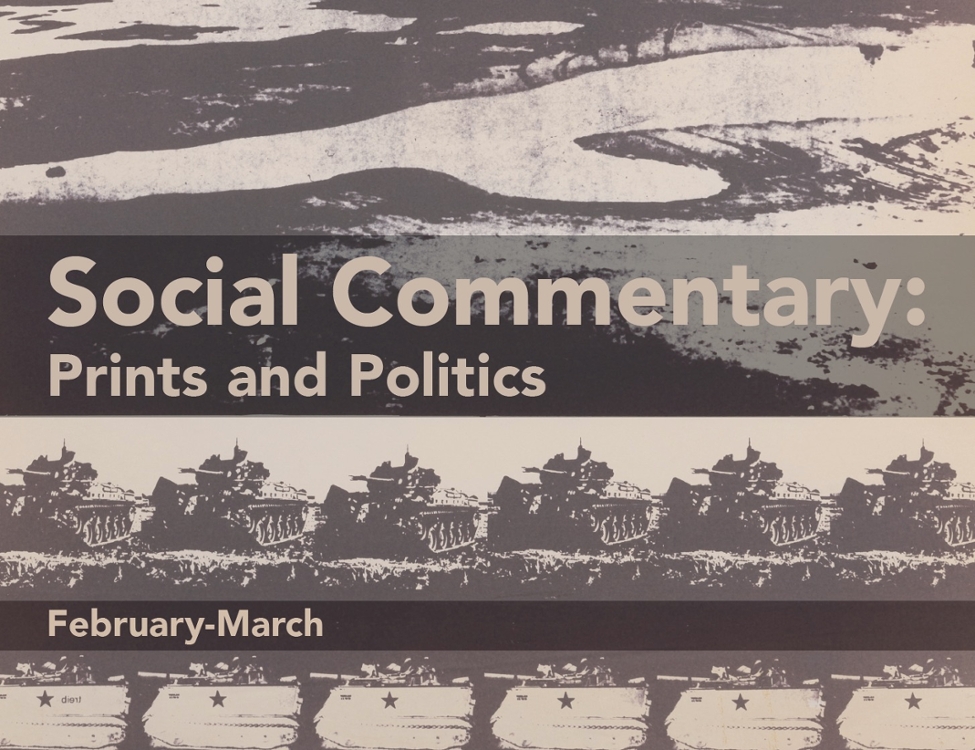Berkeley Political Posters
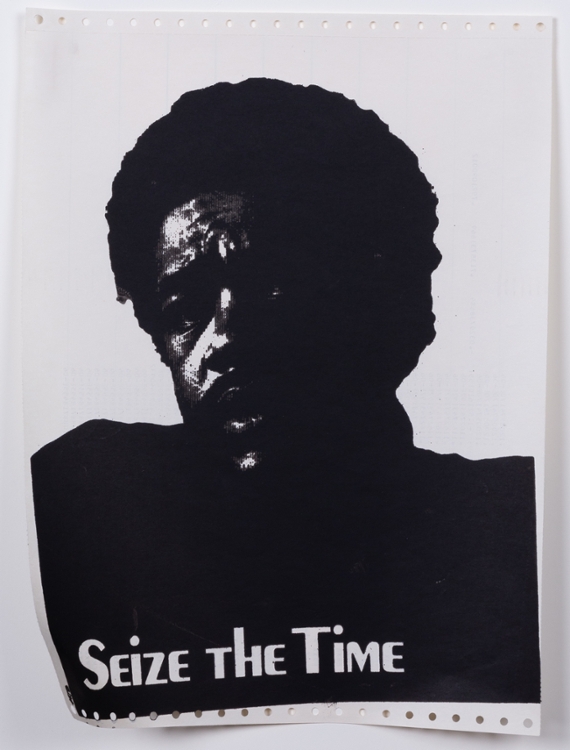
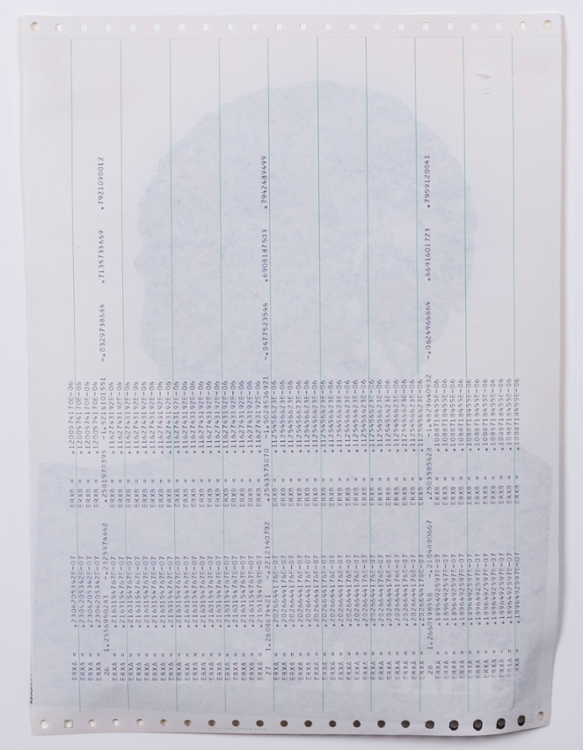 Reverse side of "Seize the Time"
Reverse side of "Seize the Time"

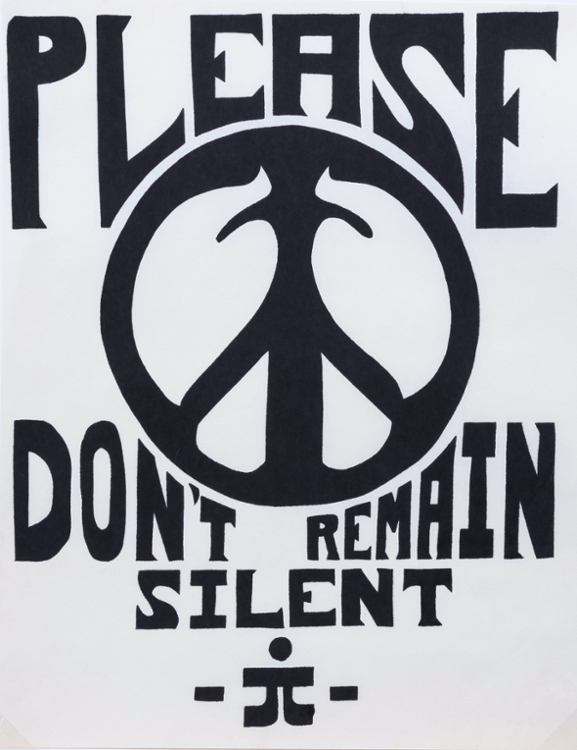
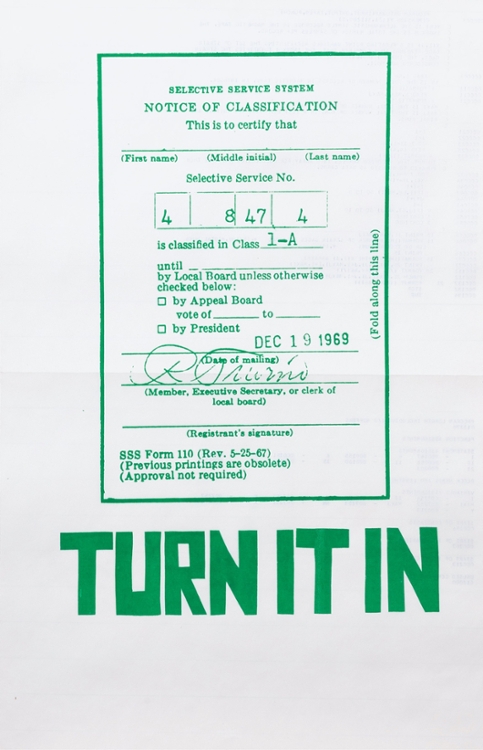
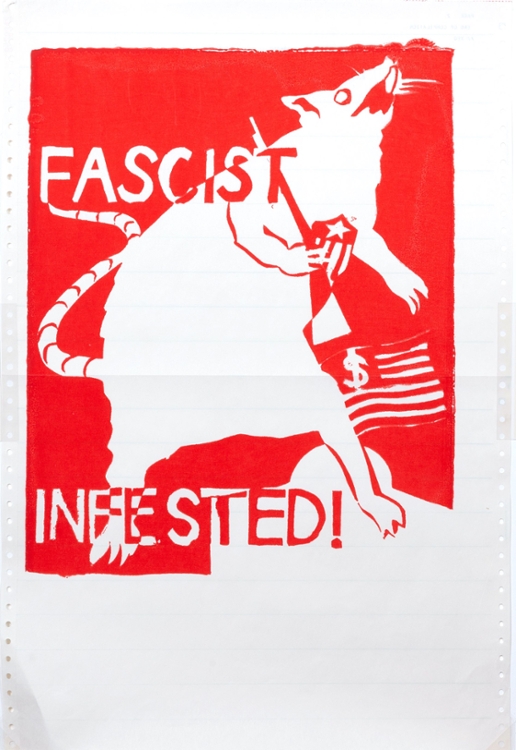
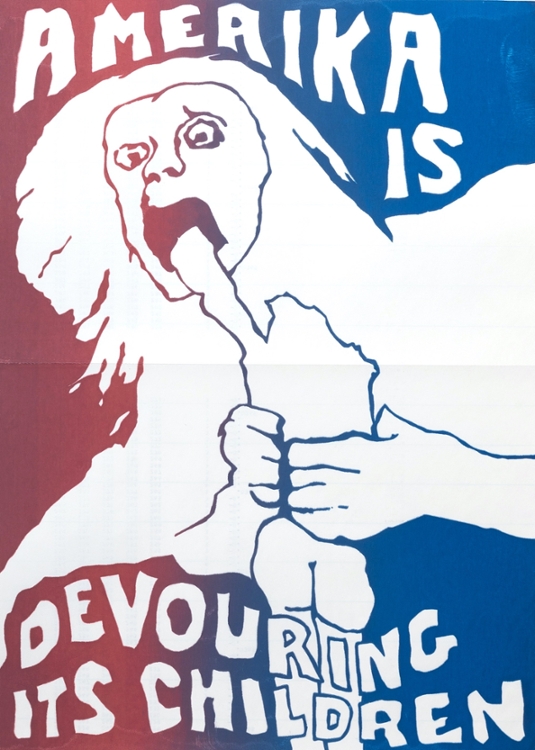
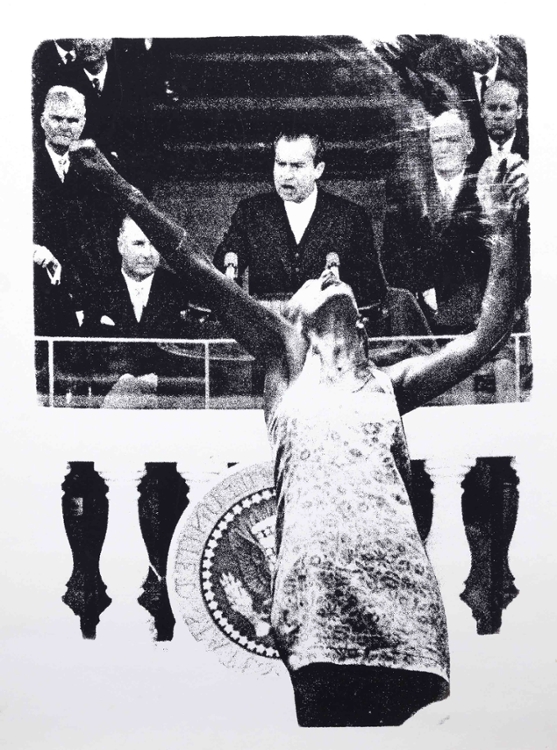
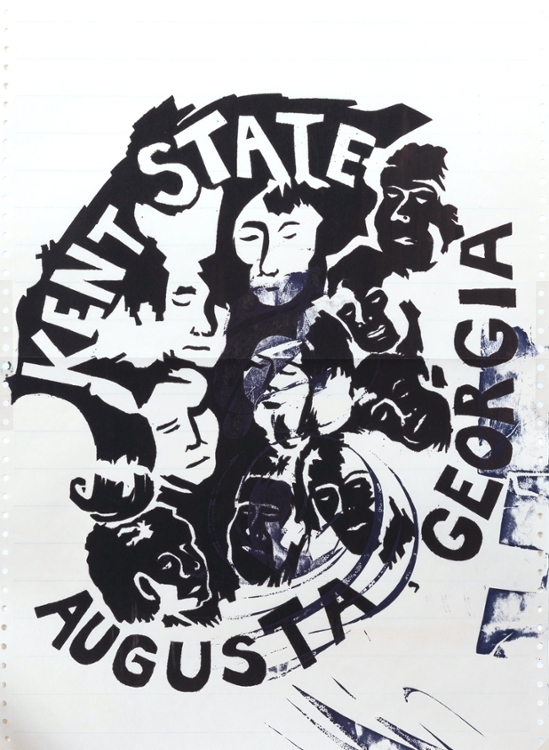

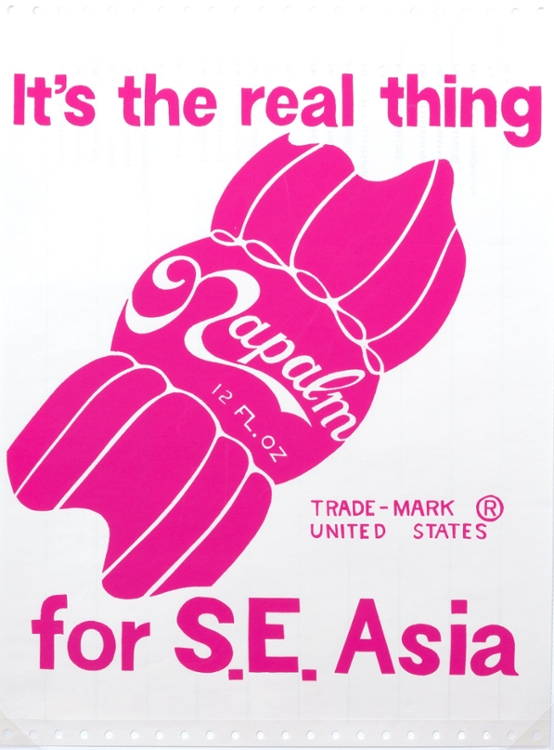
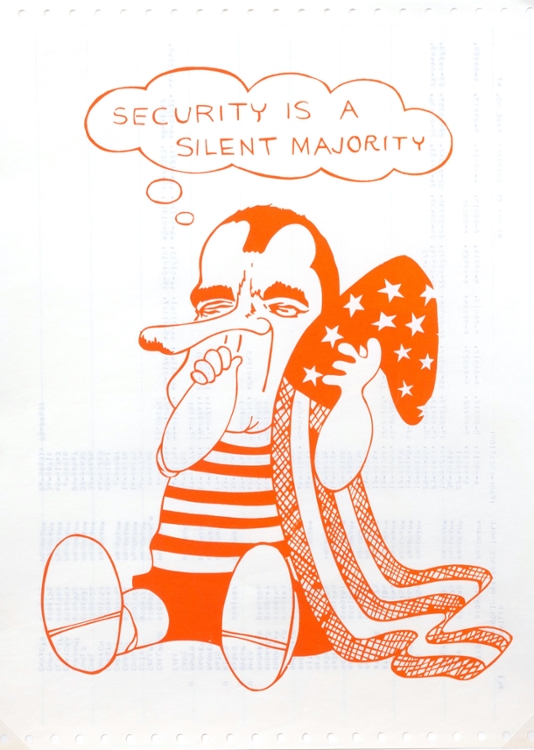
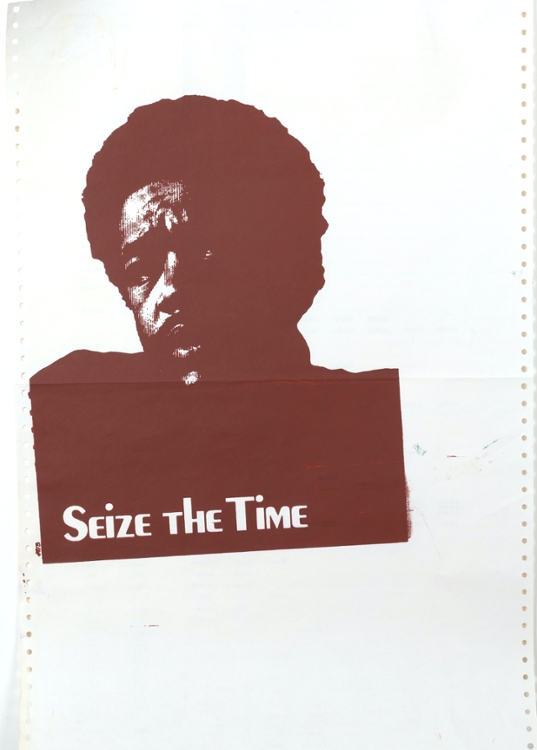
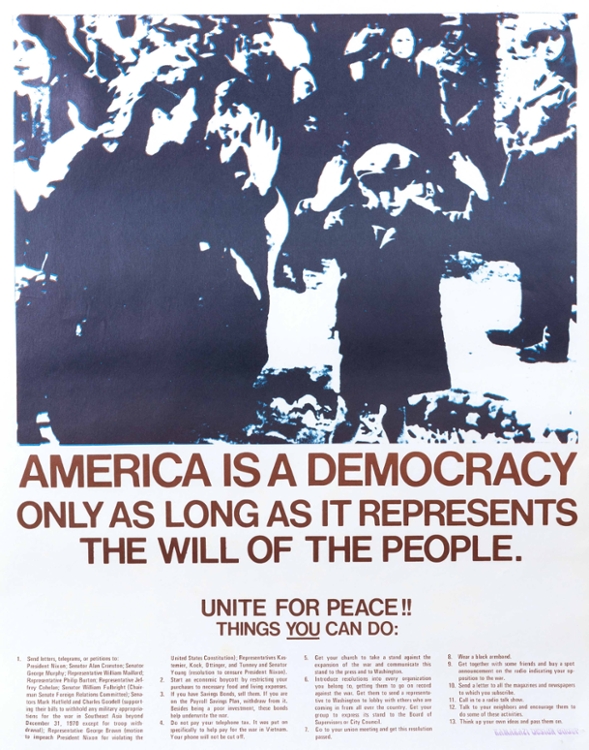
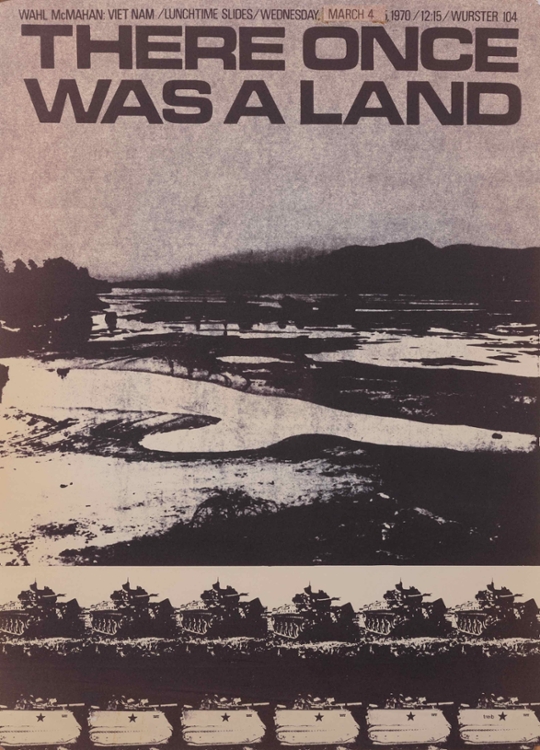
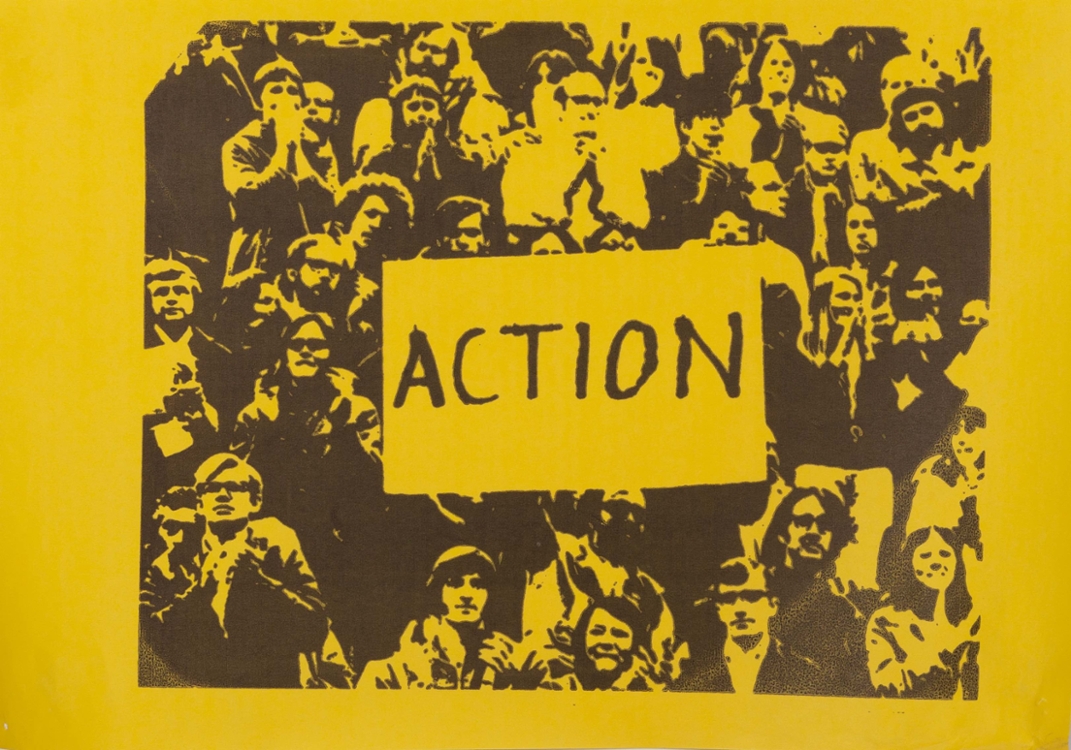

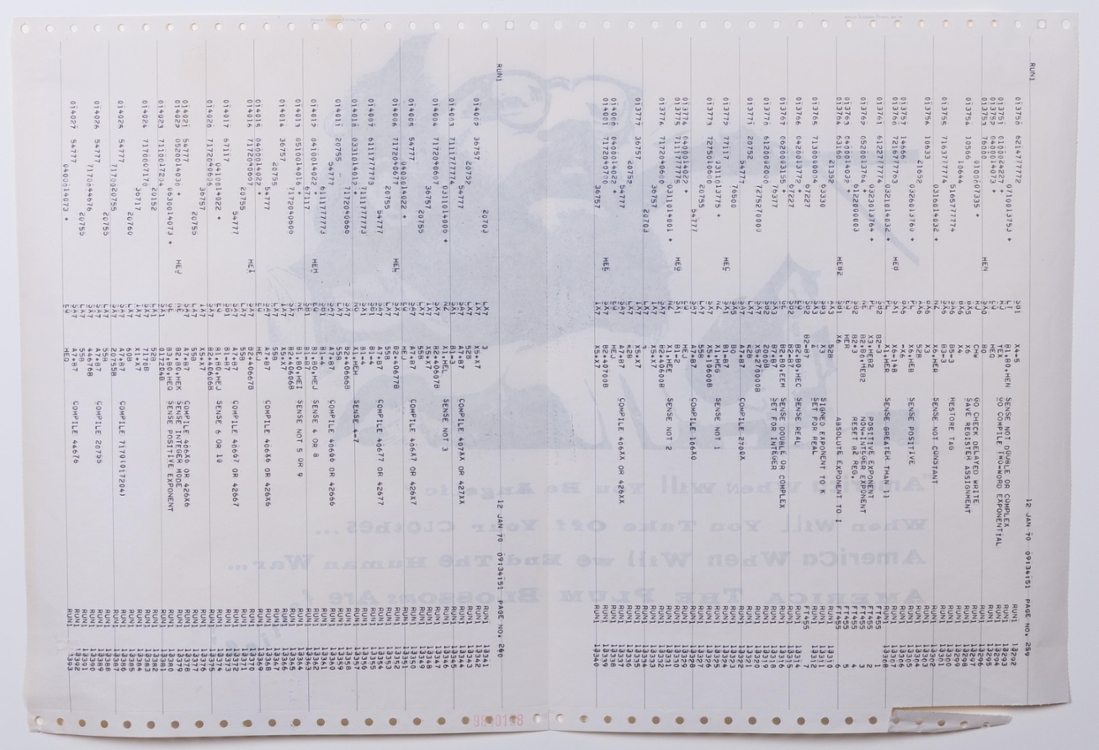 Reverse side of "America When Will you be Angelic?"
Reverse side of "America When Will you be Angelic?"The Turner is pleased to exhibit political posters that Wayne Pease acquired in Berkeley in 1970 and later donated to the Janet Turner Print Museum. Pease moved to West Oakland just before the US invasion of Cambodia during the Vietnam War and the Kent State massacre. He recalls a campus building becoming a poster factory, printing posters on recycled paper, hanging them to dry on clotheslines throughout the building, and plastering them all over campus and the community.
In the first few days of May of 1970, college protests spread across the US following the invasion of Cambodia, and on May 4 the Ohio National Guard opened fire on campus protesters, killing four Kent State students and wounded nine others. Shortly thereafter, in response to both the invasion of Cambodia and the Kent State massacre, UC Berkeley students formed the Berkeley Political Poster Workshop and set about mass producing hundreds of silkscreen prints, primarily printing on recycled paper and cardboard. Under the guidance and leadership of Malaquías Montoya, a major figure in the Chicano Art Movement, autonomous poster workshops emerged at colleges around the Bay Area, but especially at San Francisco State and UC Berkeley. These workshops, organized around young Chicano artists and staffed by many untrained student volunteers, developed on and off campuses in the late-1960s and early-1970s. In May of 1970, these workshops at Berkeley exploded and coalesced in the College of Environmental Design (in Wurster Hall) where hundreds of volunteers printed thousands of posters on recycled paper, based on over 250 designs.
Many posters on display in this exhibition directly reference the invasion of Cambodia and Kent State massacre, but they also capture the protesters’ outrage against a myriad of other general and specific injustices. They reference Black Panther Bobby Seale and poet Allen Ginsberg; they call out fascism, war profiteers, and apathy; and they call for peace, organization, and action. On this website, the posters appear as individual works of art, but they are better experienced in the gallery’s non-hierarchical display of the posters (see the 360 exhibition video). In 2016, posters from the Berkeley Political Protest Workshop appeared in two London exhibitions, one at the Victoria and Albert Museum that included the poster “Amerika is Devouring its Children” by Jay Belloli, which references Francisco Goya’s “Saturn Devouring his Son” (included in this exhibition); and another at the Shapero Modern (“America in Revolt: The Art of Protest”) that featured fifty posters and works of art produced by the Berkeley Political Poster Workshop. The Turner exhibition provides another venue for the posters’ “collective polyphonic voice” (Peter Jones, 2016), and the digital exhibition joins an increasing list of university archives and special collections that continue to make the posters available to ever-expanding audiences. Rarely do we know information about the specific dates that individual posters were printed, nor the names of the artists who created the designs. The printmaking workshops brought together large groups of people– artists, students, activists – dedicated to creating and mass producing posters to galvanize their audience into taking action.
Additional Resources
“Berkeley 1968-1973 Poster Collection,” University of British Columbia
“Berkeley Protest Posters of the 1960s and 70s”
Berkeley’s ’60s radical roots show in major UK exhibit
“Design Radicals: Creativity & Protest,” UC Berkeley Environmental Design Archives
Directory of San Francisco Bay Area political poster workshops, print shops, and distributors
“Evolution of the Social Serigraphy Movement in the San Francisco Bay Area, 1966-1986”
“Political Posters,” Oakland Museum of California
“Social Protest Collection,” Bancroft Library Collection at Calisphere
U.C. Berkeley 1970 workshop posters
The Urgent Protest Art of the Berkeley Political Poster Workshop

Silk screen poster production in front of Wurster Hall. Jim Campe, “Silk Screen Poster Production,” Environmental Design Archives Exhibitions, accessed February 14, 2021, http://exhibits.ced.berkeley.edu/items/show/1619.


